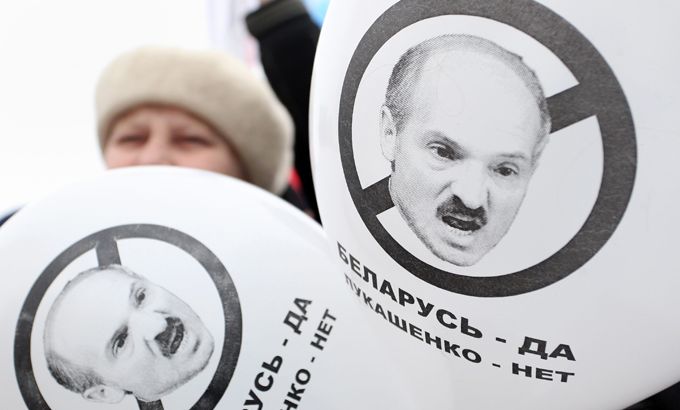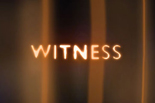
Belarusian Dream
An insight into the recent history of Belarus and the growing movement for change in ‘Europe’s last dictatorship’.
Belarusian Dream is an autobiographical account of one young man’s experience of growing up under the brutal regime of Belarusian leader Alexander Lukoshenko, often called ‘Europe’s last dictator’.
Election fraud, brutal repression and the economic crisis are the backdrop to the growing mood for change, in what is often termed the most ‘stable’ post-Soviet country.
Keep reading
list of 4 itemsInside the pressures facing Quebec’s billion-dollar maple syrup industry
‘Accepted in both [worlds]’: Indonesia’s Chinese Muslims prepare for Eid
Photos: Mexico, US, Canada mesmerised by rare total solar eclipse
The anonymous narrator – something of an ‘everyman’ voice of young Belarusian’s seeking change – takes us through the recent history of his lifetime through to the 2010 elections and the grim repression that followed, and ending with the dreams of change that strengthened after the 2011 revolutions around the world.
It is an insider’s voice, witness to the fears and terrors as well as hopes and dreams of a new generation, set against a tapestry of archive film, music and images of the country’s brutal modern history.
| Filmmakers view |
By Ekaterina Kibalchich
Belarus. It used to be a small, quiet country where nothing significant happened. Now it is a country where people are detained on the street for clapping their hands, where phone conversations are monitored and where journalist’s cameras are confiscated.
In November 2010, I came to Minsk as a journalist from a Russian TV station to cover the elections in Belarus. What was happening made such an impression on me that I decided I had to make a documentary film about it. It was very important that I presented an independent point of view, so I did it alone, without the backing of my TV channel or another TV company. That is how Belarusian Dream came to life.
Belarusian Dream is my directorial debut. We shot the film carefully, trying to avoid any state attention. Our cameramen’s flats got searched several times after the elections, and so friends hid the cassettes in their flats. In order to be able to film we often pretended to be journalists from Belarusian state TV, or reporters from Europe, or employees of advertising agencies.
I walked around in a wig and went under an assumed name. We sometimes felt as though we were special agents behind enemy lines. When talking on the phone, we called the cassette a book, money – sweets, and instead of saying that ‘we’ll film today’, we said ‘let’s go for a beer this evening’.
We even pretended that we were wedding photographers. In the film you will see several scenes of Belarus’ capital – Minsk. Even filming such a neutral scene was potentially risky. So we dressed two people up as a bride and a groom and took them around the city, pretending that we were filming a wedding, and not simply empty streets. This way, we avoided having our documents checked by militia.
Perhaps we were being paranoid. But most importantly, we managed to make the film. Now I look back on it as an adventure. But then I was really frightened.
We worked on the film for a year. I collected and reviewed video material for at least six months. Sometimes it seemed that it would simply remain an archive and that I would not have the strength to finish the film. As events kept unfolding – such as the currency crisis and the Minsk metro bombing – we had to add several new storylines to the script. And suddenly I had an idea of how to bring all these events together and wrote the script over several days and nights.
It was edited in Moscow. In Minsk it would have been too dangerous.
I believe that Belarusian Dream is popular because it is an honest film. This film shows an independent view on life in Belarus, but at the same time it is a subjective point of view. Because here I was not only a director, but also took part in the events. For me it is a sincere story, which talks about my life and my dreams.
Click here for more Witness films. |
